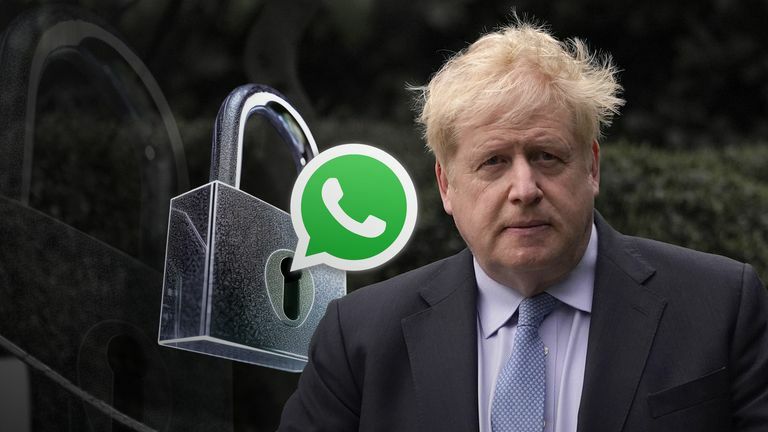WhatsApp’s role in UK Covid-19 response under scrutiny in official inquiry

WhatsApp has been revealed to play a central role in communications between UK ministers during the COVID-19 pandemic, thanks to the release of over 100,000 messages by former health secretary Matt Hancock and his memoir co-author Isabel Oakeshott. These messages, which were handed over to The Daily Telegraph, have raised questions about the transparency of government communications and the availability of such messages for the upcoming UK COVID-19 Inquiry led by Baroness Hallett.
Baroness Hallett has assured the bereaved that all relevant WhatsApp messages are being obtained for the inquiry. However, the government’s recent decision to take legal action against the inquiry, in an attempt to avoid handing over unredacted emails of then prime minister Boris Johnson, has highlighted the ongoing struggle over disclosure.
The nature of modern communication, particularly through WhatsApp, has made it difficult to provide a complete picture of government communications during the pandemic. Messages can be lost, deleted, or conducted on undetected devices. Baroness Hallett is taking a firm stance, insisting on access to all internal government communications, including WhatsApp exchanges, emails, minutes, notes, and diaries.
While smartphones and WhatsApp have made communication more convenient, they have also made it easier for politicians to avoid official channels and express views casually. The promise of confidentiality through end-to-end encryption has made WhatsApp particularly attractive for political use. However, as demonstrated by the Hancock files, there is no privacy if WhatsApp trails can be accessed at either end.
The increased use of self-destructing messages by MPs poses a genuine threat to assembling a proper record in an inquiry. Although the UK government has proposed legislation against encryption in the Online Safety Bill, it would not impact disclosures through end users. WhatsApp has stated it would rather shut down in the UK than hand such power to the authorities, and its parent company Meta has considered extending encryption to Facebook and Instagram.
In response to these concerns, the UK Information Commission Office issued a reprimand to the Department of Health for insufficient data protection, and Commissioner John Edwards has called for stronger guardrails. Civil servants have been issued with a colour code on the use of non-corporate communications channels, but rules for civil servants are merely guidelines for elected politicians.
As the government grapples with the issue of disclosure and the role of WhatsApp in political communications, it remains to be seen how much information will be made available to the UK COVID-19 Inquiry and whether the full picture of government decisions during the pandemic can be accurately pieced together.
Latest Thailand News
Follow The Thaiger on Google News:


























